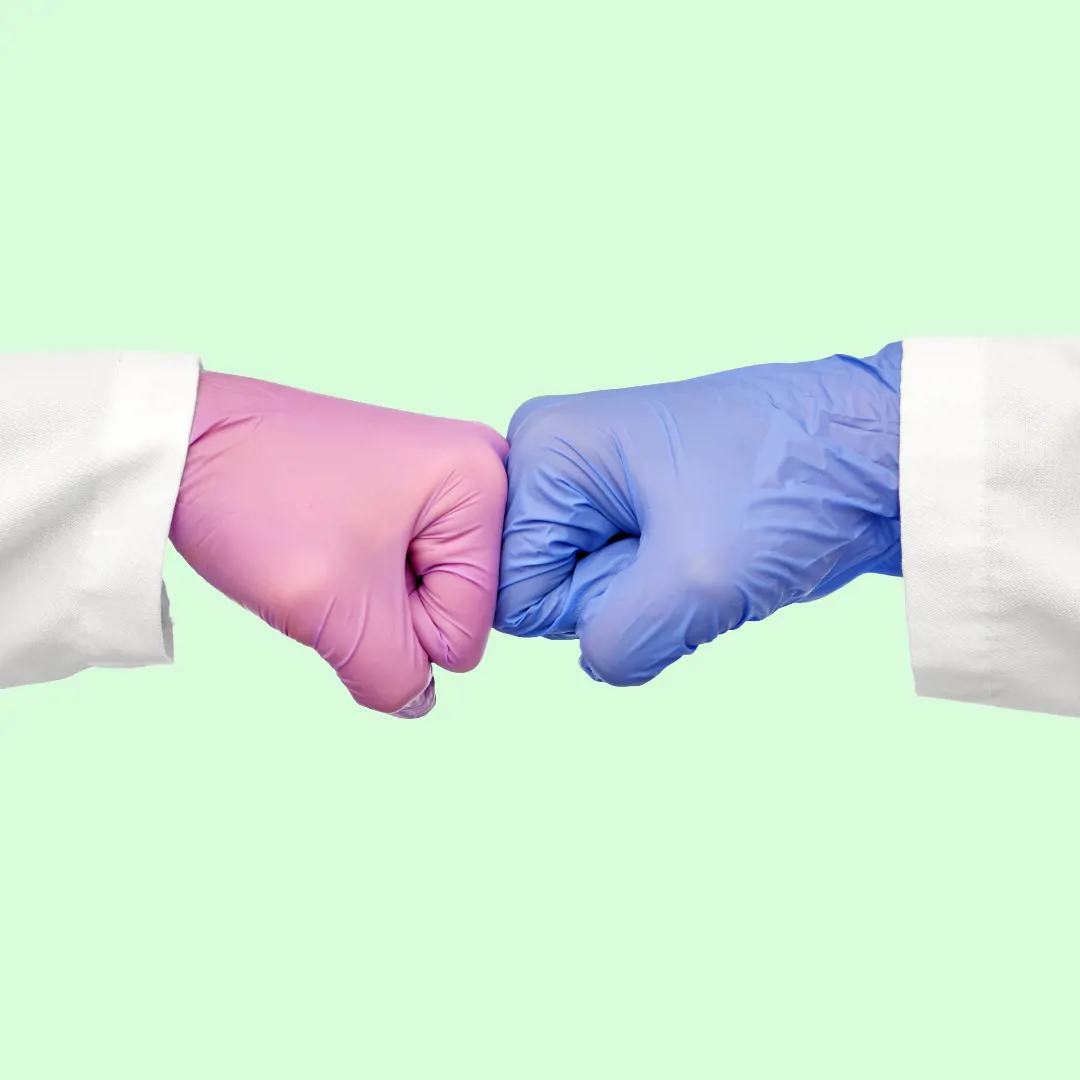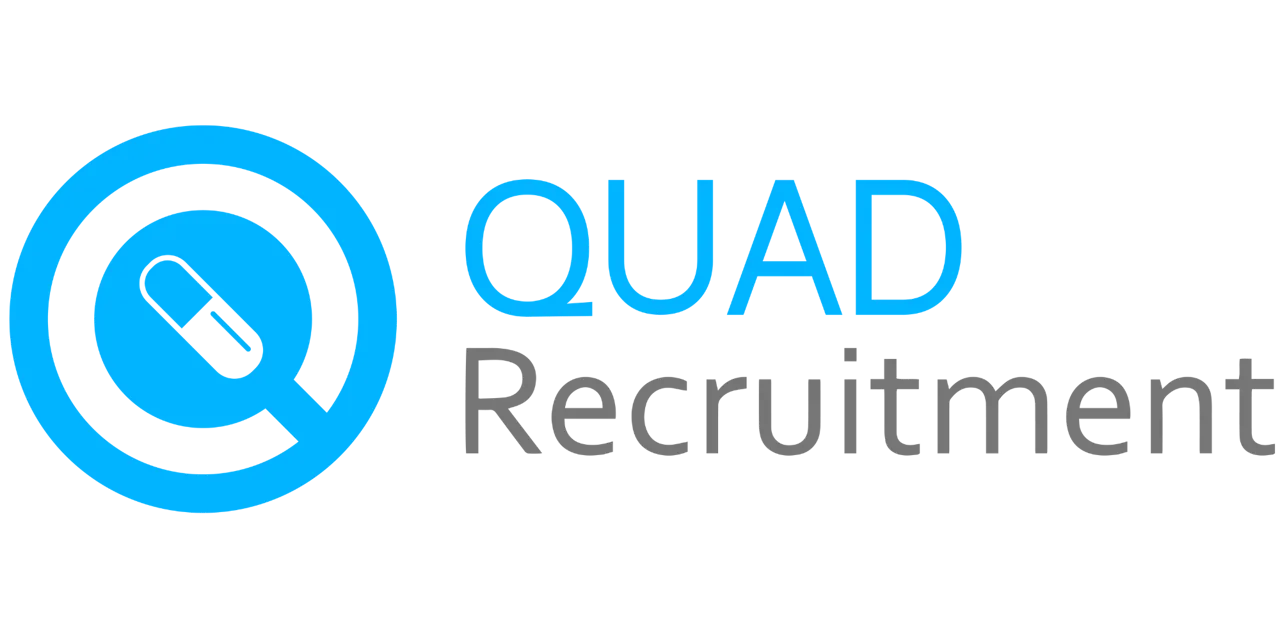Entry Into General Practice



1. Educational Requirements
GCSEs and A-Levels (or Equivalent)
- Subjects: At GCSE level, a good range of subjects including sciences, mathematics, and English is essential. For A-Levels, subjects should include Chemistry and Biology.
- Grades: High grades are necessary, often AAB or AAA, depending on the medical school.
Medical School: Bachelor of Medicine, Bachelor of Surgery (MBBS/MBChB)
- Course Duration: 5-6 years.
- Accredited Universities: Attend a medical school accredited by the General Medical Council (GMC).
- Content: The course covers pre-clinical (basic sciences) and clinical studies, providing a broad foundation in medicine, including anatomy, physiology, pharmacology, and clinical skills.

2. Foundation Training
Foundation Programme
- Duration: 2 years (FY1 and FY2).
- Settings: Rotations in various medical specialties, including surgery, general medicine, and others.
- Objective: To provide newly qualified doctors with a wide range of experiences and skills.

Speciality Training in General Practice
GP Specialty Training (GPST)
- Duration: Typically 3 years.
- Structure: Comprises hospital-based specialty placements (such as paediatrics, psychiatry, and obstetrics) and general practice placements.
- Learning: Emphasises the development of clinical skills, patient communication, and management of chronic conditions.
- Assessment: Includes the Membership of the Royal College of General Practitioners (MRCGP) assessments, which consist of:
- Applied Knowledge Test (AKT)
- Clinical Skills Assessment (CSA)
- Workplace-Based Assessment (WPBA)

4. GMC Registration
Full GMC Registration
- Requirements: After completing the Foundation Programme, you must be fully registered with the GMC.
- Application: Involves submitting evidence of training, qualifications, and meeting professional standards.

5. Continuous Professional Development (CPD)
Ongoing Learning
- Mandatory CPD: GPs are required to engage in CPD to maintain their skills and knowledge.
- Types of CPD: Includes attending courses, conferences, workshops, and e-learning.
Career Development and Further Training
Opportunities for Specialisation
- Sub-specialisations: GPs can pursue further training in areas such as dermatology, sports medicine, or diabetes care.
- Leadership and Management: Opportunities in healthcare management, policy, and leadership roles.
Additional Considerations
Overseas Doctors
- Adaptation Programmes: Doctors trained outside the UK may need to undertake the Professional and Linguistic Assessments Board (PLAB) test and additional training to practise as a GP in the UK.
Professional Memberships
- Royal College of General Practitioners (RCGP): Membership offers resources, support, and networking opportunities for GPs.
By following these steps and committing to lifelong learning and professional development, you can successfully become a General Practitioner in the UK.


Register with Quad Recruitment
Never miss an opportunity again—register an account today and receive tailored job alerts straight to your inbox. Our platform connects you with the latest job openings that match your skills and preferences.
